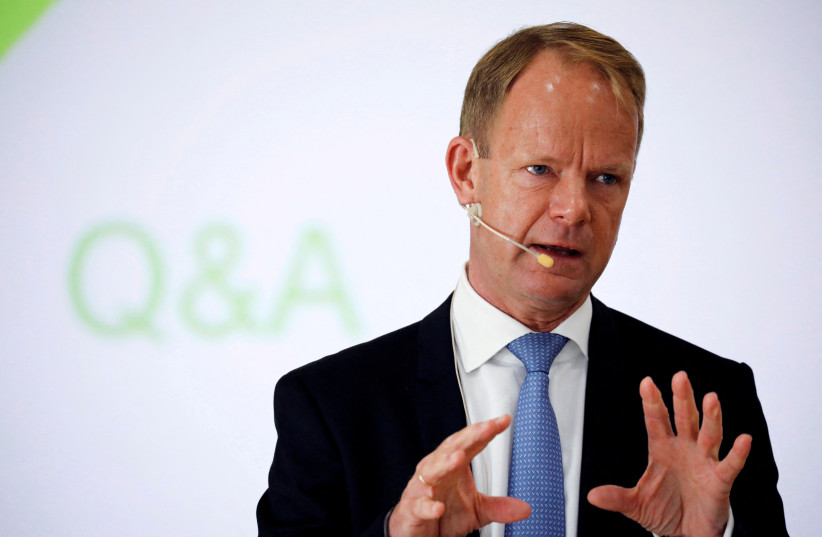Teva CEO Kare Schultz said in a rare meeting with the media that sanctions on Russia aren't applicable for medications, so Teva still sells all types of medicines to Russia for humanitarian purposes.
Teva also donates medications to Ukraine. The war hasn't greatly impacted sales to these two countries.
Teva sales volume and billions in interest payments on debt
Schultz presented the work plan for the next five years, yet in response to questions, he refused to specify the expected volume of sales until 2027 but strongly suggested that it would be higher. Teva's interest payments haven't changed significantly in the last five years.
When Schultz took office in 2017, interest payments on debts of $34 billion amounted to $1 billion.

Since then, the debts have decreased to $20 billion, but the average interest rate has increased to 6% so interest payments of a billion dollars remain and the debt repayment is $2 billion per year.
Teva and the opioid settlement
Teva is at a positive turning point, with the highlight being settlement agreements in cases involving pain relievers (opioids). As a result, shares soared. Schultz predicts that the final agreements will be signed by the end of the year, and that deals with other companies will be signed by the end of September.
Also, the company completed a streamlining process that included reducing debt and its turnover, selling a finite number of factories and reducing employees from 54,000 to 38,000. Teva expects an operating profit of 30% and a doubling of gross profit (EBITDA).
Schultz stated that Teva has a strong future and will continue to grow by developing medicines and special products, not through buying other companies.
